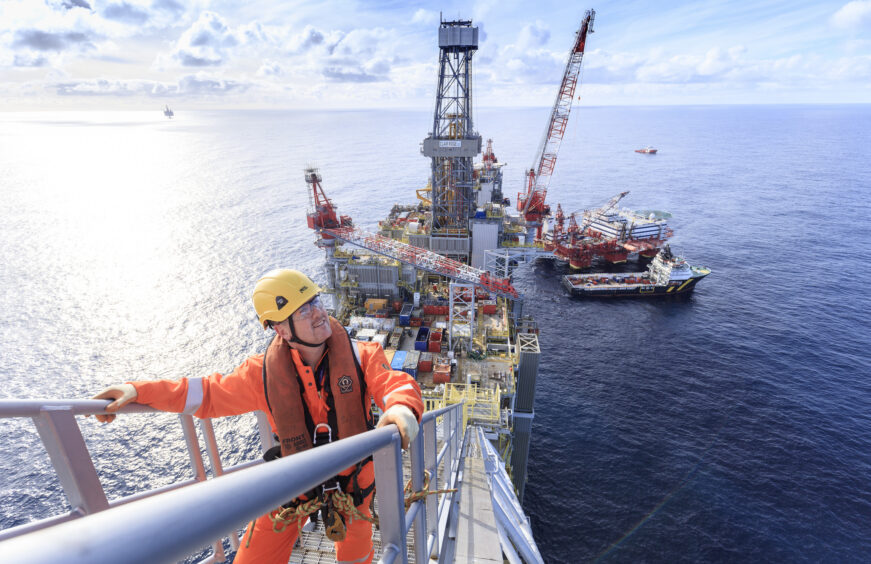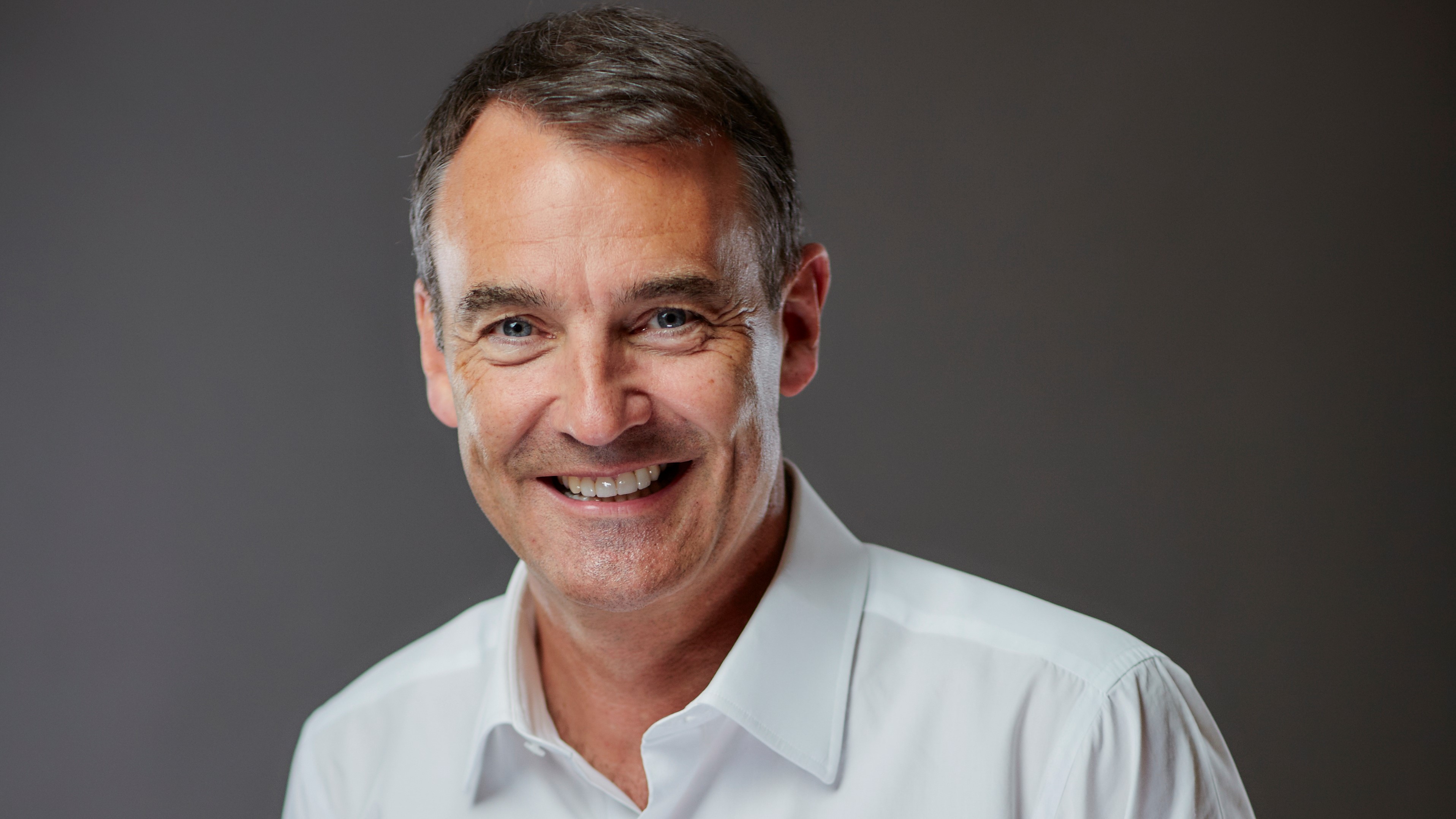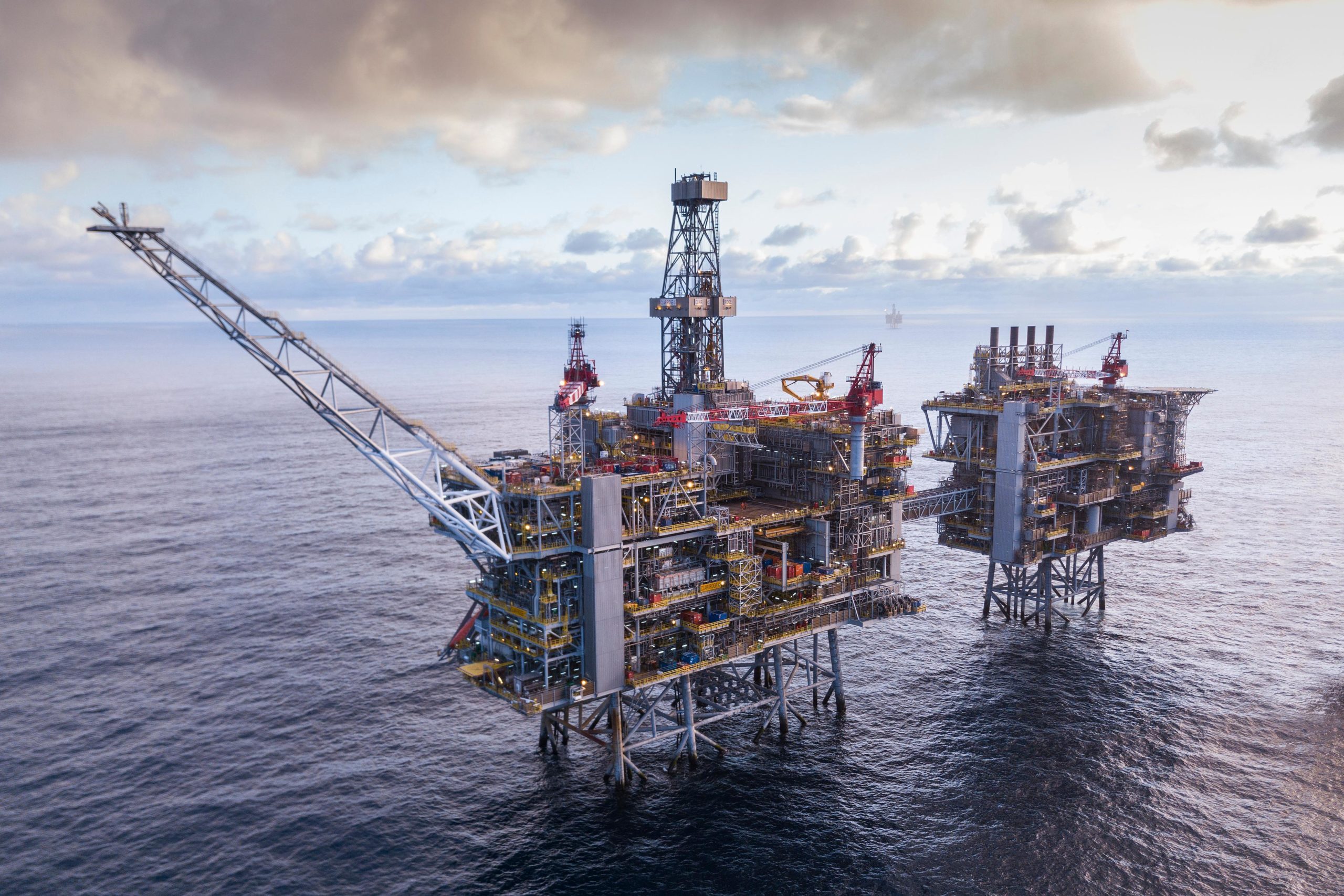
BP has announced plans to invest £18 billion in the UK energy system by 2030, with the North Sea at its heart, days after calls were once again raised for an oil and gas windfall tax.
Chief executive Bernard Looney said the oil giant is “backing Britain” with its scheme which includes major oil and gas and offshore wind investment plans.
Investment in the giant Clair field in the West of Shetland and Schiehallion, along with the Murlach, Kate and Mungo fields near the BP-operated ETAP hub in the Central North Sea are among the plans.
READ: BP reports underlying profits of £4.9bn despite impact of Rosneft exit
In addition, the firm said it intends to invest in exploration around its existing North Sea production hubs and progress asset electrification.
The overarching project hopper also includes offshore wind, carbon capture and storage, hydrogen, retail, ports investment and work on electric vehicle infrastructure.
All of this comes as oil giants face deepening calls for a windfall tax on their profits.
Over the weekend, Business Secretary Kwasi Kwarteng said the UK sector must show “in the coming weeks” how it will reinvest profits in the energy transition and boost domestic oil and gas production.
That followed a hint from Chancellor Rishi Sunak last week that potential for a windfall tax is still on the table.
Mr Looney said: “We’re backing Britain. It’s been our home for over 110 years, and we’ve been investing in North Sea oil and gas for more than 50 years.
“We’re fully committed to the UK’s energy transition – providing reliable home-grown energy and, at the same time, focusing on the drive to net zero. And we have ambitious plans to do more and to go faster. Our plans go beyond just infrastructure – they see us supporting the economy, skills development and job opportunities in the communities where we operate. We are all in.”
Windfall debate
Business groups and Mr Kwarteng welcomed the plans, though campaigners were not convinced.
bp’s £18billion investment into our energy system this decade is welcome. It is right they are reinvesting profits back into the UK.
In return for more North Sea production, I want companies to accelerate investment in clean, home-grown energy to create jobs in new industries.
— Kwasi Kwarteng (@KwasiKwarteng) May 3, 2022
Tessa Khan, director of Uplift, said: “The UK government is refusing to impose a windfall tax on the billions made by companies like BP because, it says, it doesn’t want to deter invest in the UK’s energy supply.
“But a lot of what BP is investing in the UK has almost no public benefit.
“To send a clear signal that it wants companies to invest in an affordable, renewable energy supply, this government needs to stop issuing new oil and gas licenses and stop approving new North Sea projects, like BP’s Clair South extension. And if they really want to lower people’s bills, they could do so tomorrow by imposing a windfall tax.
“Instead Ministers are choosing to do nothing, leaving oil and gas giants like BP to sit on piles of cash while the rest of us struggle with soaring energy bills.”
Ms Khan pointed to oil exports, rather than domestic supply, from projects like the Clair field.
However, while much of oil produced in the North Sea is exported, the UK continues to have a strong requirement for refined oil products, as noted recently by EY’s Derek Leith.
Ryan Crighton, policy director at the Aberdeen and Grampian Chamber of Commerce, said a windfall tax is a “blunt instrument” which would make the North Sea less attractive to investors.
He added: “That would place jobs, tax revenues and our domestic energy security at risk, and also limit ability and appetite to invest in low the low carbon research and development we so desperately need.
“These issues are crucial to our future prosperity and should not be used as pawns in a local election campaign. We again urge our politicians to take a pragmatic view and be wary that their words carry consequences for investment and confidence in a sector that supports hundreds of thousands of jobs.”
Clair South, ScotWind, CCS
In the announcement today, made as part of its first quarter results, the firm said it anticipates paying up to £1 billion in taxes for its North Sea profits in 2022, on top of around a quarter of a billion paid annually in recent years.
BP ran down a list of investments with its offshore wind partner EnBW, including developing wind projects off Scotland with a total capacity of 2.9 gigawatts (GW) and up to 3GW in the Irish Sea.
The supermajor will also include investment in ports infrastructure, electric vehicle charging and hydrogen and carbon capture and storage (CCS) via plans such as H2 Teesside and the East Coast Cluster.
Other schemes include its work with Aberdeen City Council to scale up hydrogen production locally and work in retail.
The Clair South project – an extension to the giant field in the West of Shetland – has been on hold since bosses said in 2020 they wanted to spend more time making sure the project’s carbon footprint was as small as possible.
At the time, the firm said a final investment decision was expected in 2022.
It is the second extension to the Clair field, with seven billion barrels initially in place, following the main development and start up of Clair Ridge in 2018.
BP also recently announced plans to proceed with the much smaller Murlach field in the North Sea.
Recommended for you



